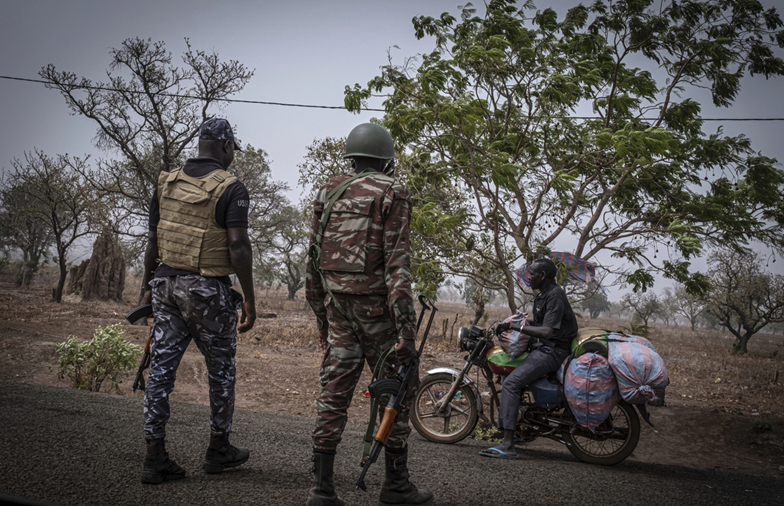Attacks by Islamic Extremists are Rampant in Africa’s Sahel
Post By Diaspoint | September 29, 2024

Extremist attacks in Sahel, an arid swath of land south of the Sahara in Africa, have proliferated in recent months: Last week, Islamic militants attacked Bamako, the capital of Mali, for the first time in almost a decade, demonstrating their capacity to carry out large scale assaults. And last month, at least 100 villagers and soldiers were killed in central Burkina Faso during a weekend attack on a village by al-Qaida-linked jihadis, as they were forcibly helping security forces dig trenches to protect security outposts and villages.
Here’s what we know about the security situation in Sahel:
A region characterized by uprisings and coups
Over the last decade, the region has been shaken by extremist uprisings and military coups. Three Sahelian nations, Mali, Niger and Burkina Faso, are now ruled by military leaders who have taken power by force, on the pledge of providing more security to citizens.
But the security situation in Sahel has worsened since the juntas took power, analysts say, with a record number of attacks and a record number of civilians killed both by Islamic fighters and government forces. Over the first six months of this year, 3,064 civilians were killed by the violence, according to the Armed Conflict Location and Event Data Project, a 25% increase compared to the previous 6 months.
Extremist groups operating in Sahel, and what they want
The main two groups operating in the region are the al-Qaida-linked militant group Jama’at Nusrat al-Islam wal-Muslimin (JNIM), and the Islamic State in the Sahel. Over the last year, the JNIM has strengthened its presence in Mali and Burkina Faso, by becoming a more coherent political grouping.
“The local populations support (JNIM) more than IS-affiliated groups,” said analyst Shaantanu Shankar of the Economist Intelligence Unit. “They have integrated local rebel groups, which have close community ties.”
Unlike JNIM, Islamic State in the Sahel is a loose coalition of anti-government forces that is much less entrenched politically, he said. They are much more dominant in the Lake Chad region.
These groups attack, terrorize and kill local populations and their actions likely amount to war crimes, according to rights organizations.
In addition, there are also a number of local militia groups on the ground, which are not affiliated with IS or al-Qaida, as violence has exploded between rival ethnicities and local self-defense groups resulting in a self-perpetuating spiral of violence.
Read More from original source
